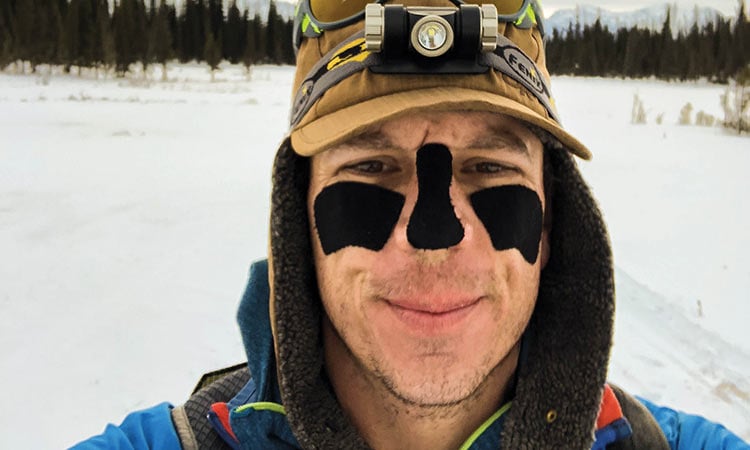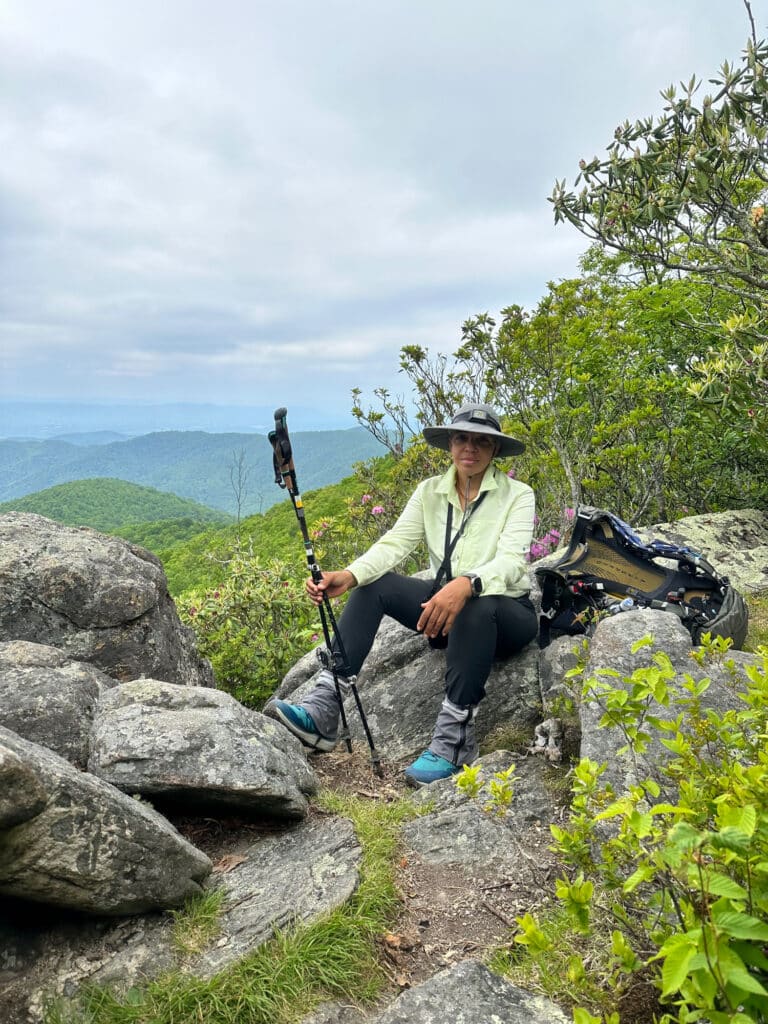Peter Ripmaster nearly died attempting the Iditarod Footrace two years ago. He fell through ice, yet somehow climbed out and ran four miles, hypothermic and frozen, to rescue himself. He had every excuse never to return to Alaska.
But in 2018, Ripmaster ran the Iditarod again—and won it. We talked with the Asheville runner a week after his epic comeback.
What were the most difficult moments of the race?
Waking up after sleeping in the cold. I’m 41, and getting all systems go when it is -20 can be tough. It was also tough early on when I made big pushes but still felt the enormity of what was in front of me.
How did you train?
Ran trails. I was in good ultrarunning shape and I was hiking plenty of vertical too. I also regularly go to a psychologist to train my mind too. Physical will go to shit in our race, but mental will get you to the finish line.
Describe again for us what happened when you fell through the ice a few years ago and how you survived it.
In 2016, I was alone going over the most dangerous spot on the whole route. I was looking for a different route over an ice bridge when the bridge failed and I was dumped into fast moving water over my head. After crawling out, finally, I had to run 4 miles to the checkpoint completely covered in ice. I found a way to go 300 miles after that close call but couldn’t finish the job. I had to trust the process too.
Did you ever consider quitting?
Many times. Ultimately, the further I got the harder it made it to stop. Honestly, the point I wanted to stop the most was over 800 miles into the route. I had to dig deeper than ever.
What did you think about most often on those long cold miles alone?
Usually nothing. I tried to be in the moment. If I thought of anything other than the terrain in front of me, my mind would reject it. It was quite beautiful really.
Did you ever think about your family?
For sure. I once told a native villager that I was really missing my family, and he told me to talk to the ravens. I did and laughed at myself every single time. It helped, though. It gets lonely out there, but thoughts of family or parents would usually not be productive to me. I only talked to them on the satellite phone once a week.
What were your go-to foods?
I ate the same shit ultra runners eat: crap. My favorite meal was when a local invited me into his house and fed me caribou and rice. It was amazing and fueled me up for a big scary push.
How did you stay warm?
I moved. The only time I stopped was when I had to go to the bathroom or make some food. It’s when you stop that you realize how damn cold it is. I had the best gear in the world that has been hand-picked over the years, including a -40F sleeping bag, which always helps, if it’s not wet.
What were the weather conditions like this year?
Mild. I think the coldest I slept out was -25F. Of course, last year we saw -60F on the trail. With all the snow we had, if it was also brutally cold, it might have made it too difficult to complete.
Best piece of advice you have for future Iditarod runners?
Find your own path. Don’t mimic what worked for somebody else because you might not be as comfortable with a few pieces of gear. That can come back and make big problems for you in the field. Lastly, start small, and build up to burly, winter adventures.
Anything you learned about yourself or life from this experience?
I like things simple. I got back to basics out there and after a while, I only cared about food, water and shelter. Anything with a cord attached usually just ended up pissing me off. I would’ve like to have gone even lighter which would’ve afforded me the opportunity to move more efficiently.
What is life like now after the race?
It’s been a difficult re-entry. There is a sense of pride for finishing a goal I’ve been working on my whole life. This was my #1 goal in my athletic life. I’m honored and humbled to slay the dragon.







